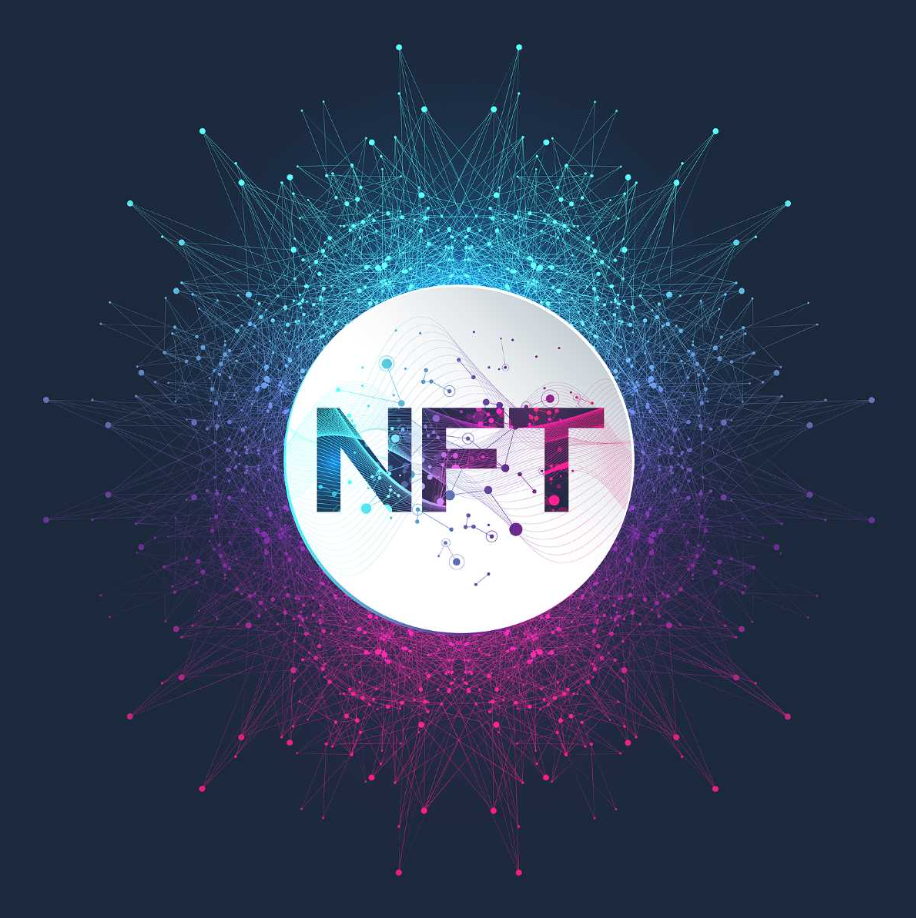In a pioneering move, EigenLabs, known for the EigenLayer re-staking protocol, is gearing up to present EigenDA. This innovative solution aims to slash data storage costs associated with Layer 2 Ethereum rollups, with its launch scheduled for late 2023.
The initiative has captured the attention of blockchain projects such as Celo, Mantle, Fluent, Offshore, and Layer N, all considering the integration of EigenDA into their Layer 2 configurations, as relayed by EigenLabs.
Having made its debut in June, EigenLayer's primary function is to harness ether (ETH) staked with Ethereum validators and similar liquid staking tokens to bolster other blockchain protocols. Beyond this, the protocol possesses the capability to verify supplementary services like EigenDA, with nodes slated to garner service compensations.
EigenLabs clarifies that EigenDA is poised to be the inaugural actively validated service (AVS) atop EigenLayer, with AVS denoting systems built on re-staking that derive validation from EigenLayer.
A pivotal component, the EigenDA operator set, responsible for operating and validating the system, will be determined based on the re-stake volume funneled to nodes via EigenLayer. Integrating a "proof of custody" mechanism, the system ensures uninterrupted data accessibility. As Calvin Liu, EigenLabs' Chief Strategy Officer, elucidated, nodes failing to aptly store data will face penalties through this proof of custody system, ensuring data accessibility.
While Ethereum's Layer 2 networks lean heavily on comprehensive transaction data storage, challenges related to scalability and transaction expenses emerge, primarily owing to the sheer data volume necessitating processing.
EigenDA emerges as the remedy. By adopting data partitioning and employing storage techniques that disperse data over numerous nodes, supervised by EigenDA operators, the protocol streamlines data. This leads to nodes storing only portions of the overarching data, a significant boon for scaling decentralized applications (dapps) in niches like decentralized gaming and social platforms.
It's worth noting that Ethereum's core developers are also crafting a congruent data availability solution, termed EIP 4844 or proto-danksharding. This seeks to usher in a short-term storage functionality dubbed "blobs" to minimize Ethereum Layer 2 transaction expenses.
EigenLabs made headlines with a staggering $50 million Series A funding round in March, spearheaded by Blockchain Capital. Furthermore, the EigenLayer platform witnessed its total value locked soar past $230 million, following a swift fulfillment of its second round of deposit caps for liquid staking assets like stETH, rETH, and cbETH, just last month.
EigenLabs' EigenDA emerges as a promising solution in the quest for efficient Ethereum Layer 2 data storage. With its ability to navigate the complex terrains of data availability and reduce storage costs, it positions itself as a front-runner in optimizing the Ethereum ecosystem.







